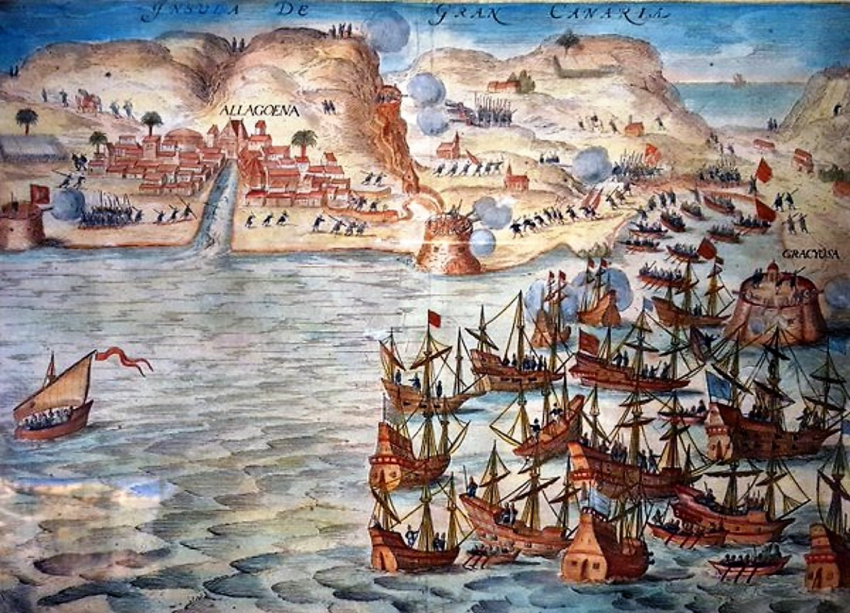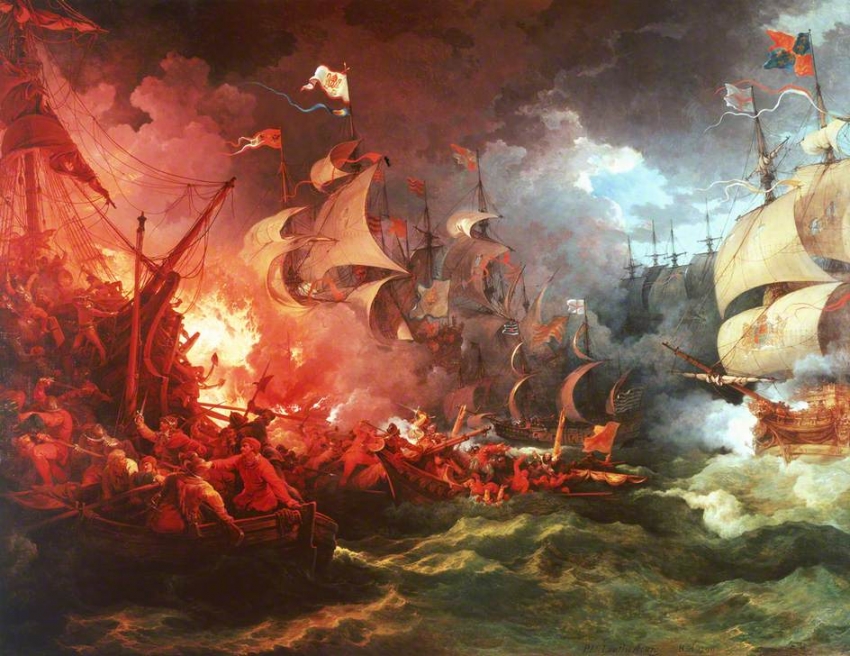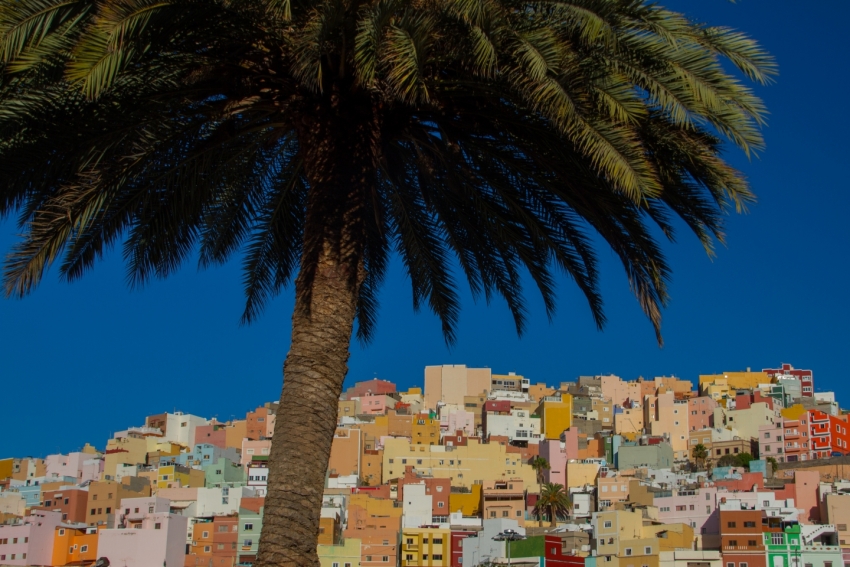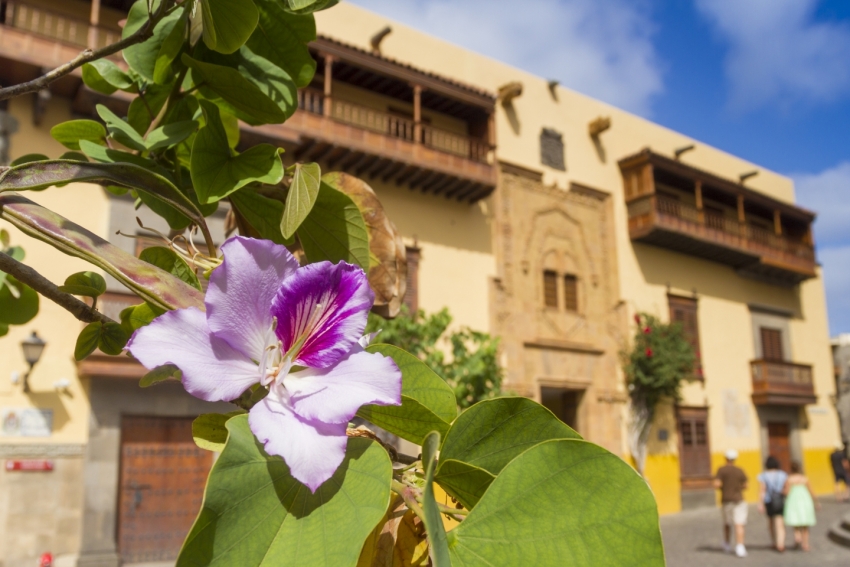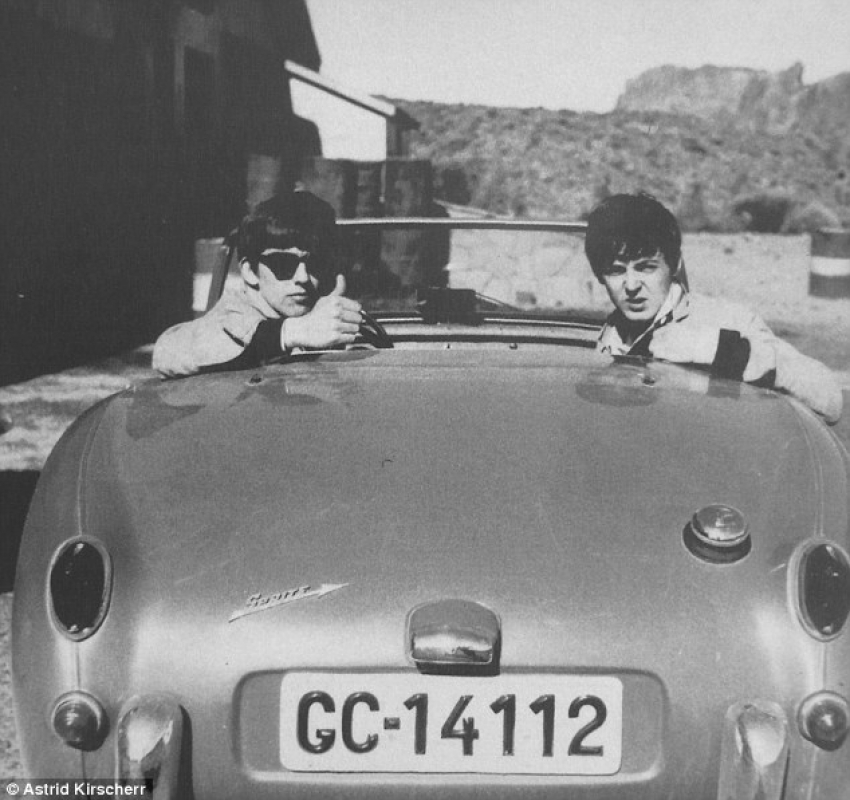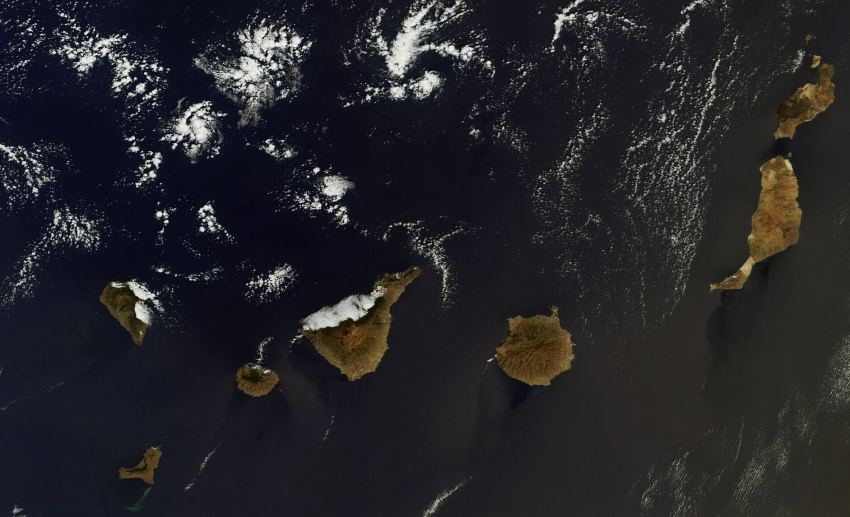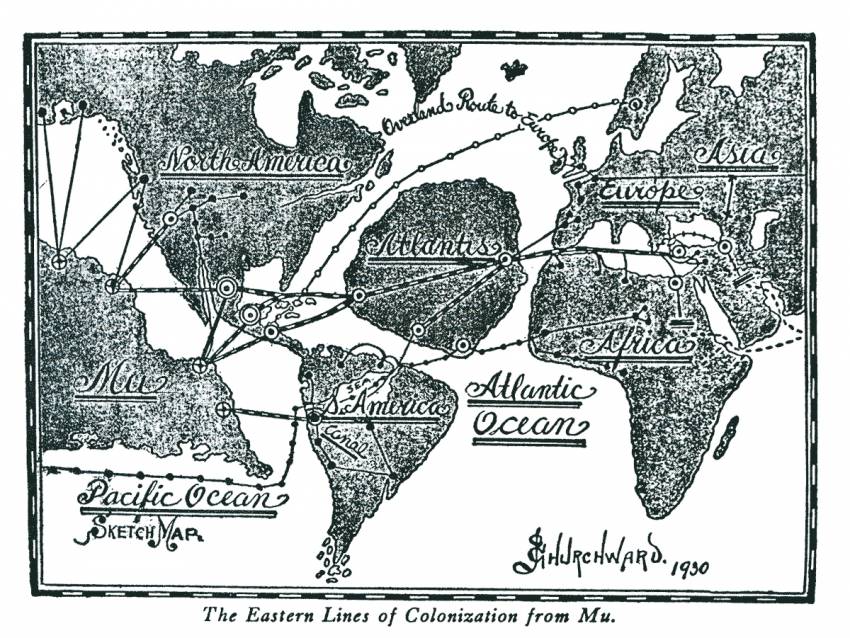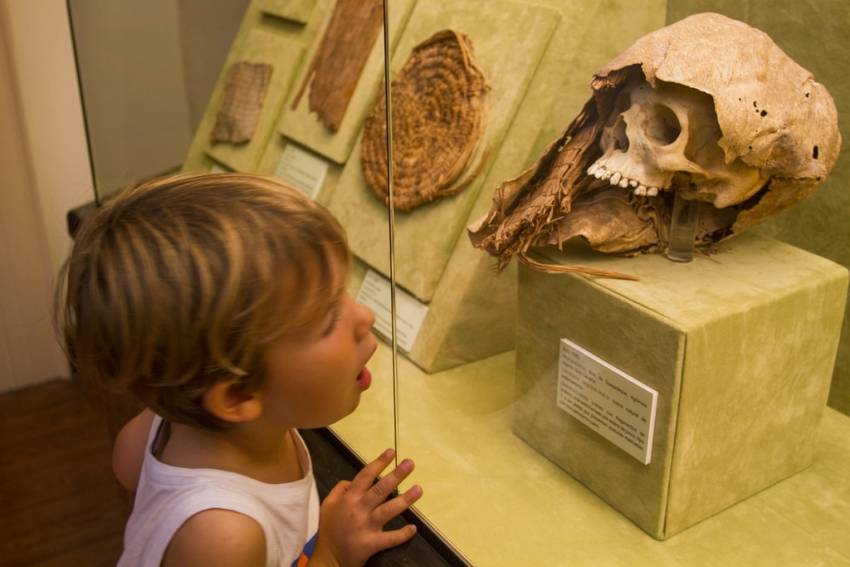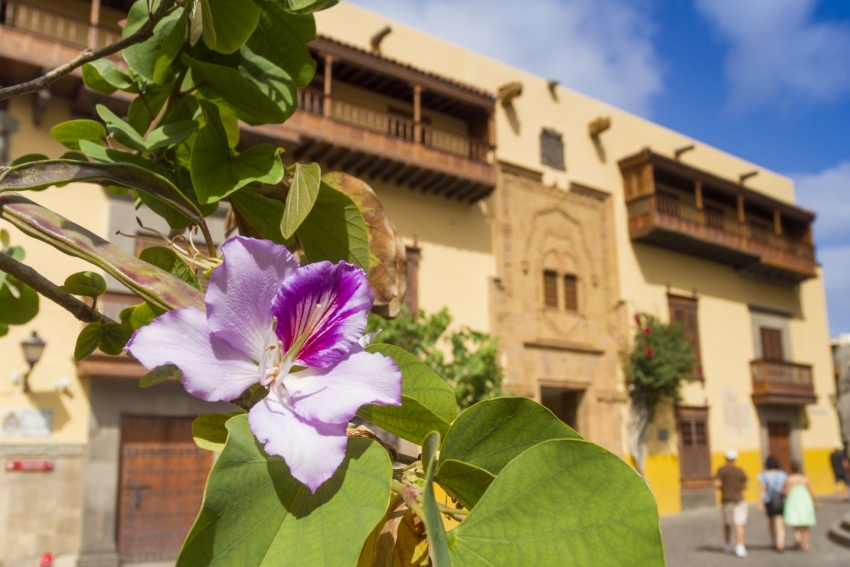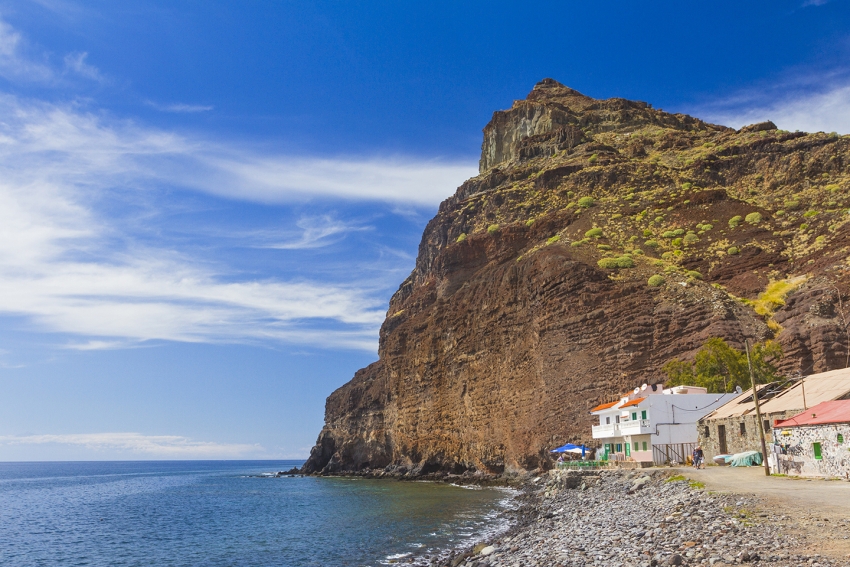History
Las Palmas city's first 100 years of history were violent and bloody. And several of the city's most famous attackers shared grisly fates. The curse of Las Palmas sent them to early graves.
Sir Francis Drake, along with his cousin and fellow privateer (legal pirate) John Hawkins, attacked Las Palmas de Gran Canaria in 1595 but failed to breach the city's makeshift defences.
Before Columbus 'discovered' America and decades before Hernán Cortez and Francisco Pizarro were even born, the Spanish Conquistador emerged from the blood and dust of the 1478 Battle For Las Palmas.
Everyone that visits Las Palmas stops in old town Vegueta and admires the stone carvings and massive doorway of the Casa de Colón museum; The house where Columbus stayed on his way to discover America. But is is what it seems?
The Beatles' 10-day holiday in Tenerife is famous thanks to Astrid Kirchner's candid photographs, but we think they spent one day in Gran Canaria as well. Here's why...
Where did the Canary Islands get their name? Well, it's not from the Canary, as the bird is named after the islands rather than the other way round. Most people seem to think the islands are named after dogs, but we have our doubts. Here are the different theories.
Tagged under
When Atlantis sank into the ocean its highest mountains remained as islands. These islands still exist today and are known as the Canary Islands. Their original inhabitants, the Guanches, were the descendants of the last surviving Atlanteans. That's the legend and some people are sticking to it.
Tagged under
Gran Canaria startede under the ocean and that's the way it'll end up. In the m,eantime, it's had a pretty eventful history.
Tagged under
The Maspalomas Space Station has saved 10,000 lives in 20 years by detecting distress signals from ships and planes. This is on top of its historic part in the Apollo moon landings. The Maspalomas Space Station, also called the Canary Islands Space Centre, detects signals from distress beacons on ships…
Tagged under
Christopher Columbus stopped in Las Palmas de Gran Canaria in 1492 on his way to discovering the Americas not because he wanted to, but because his crew sabotaged his ship within three days of setting sail from Spain.
Tagged under
Gran Canaria Info recommends:
- Default
- Title
- Date
- Random

